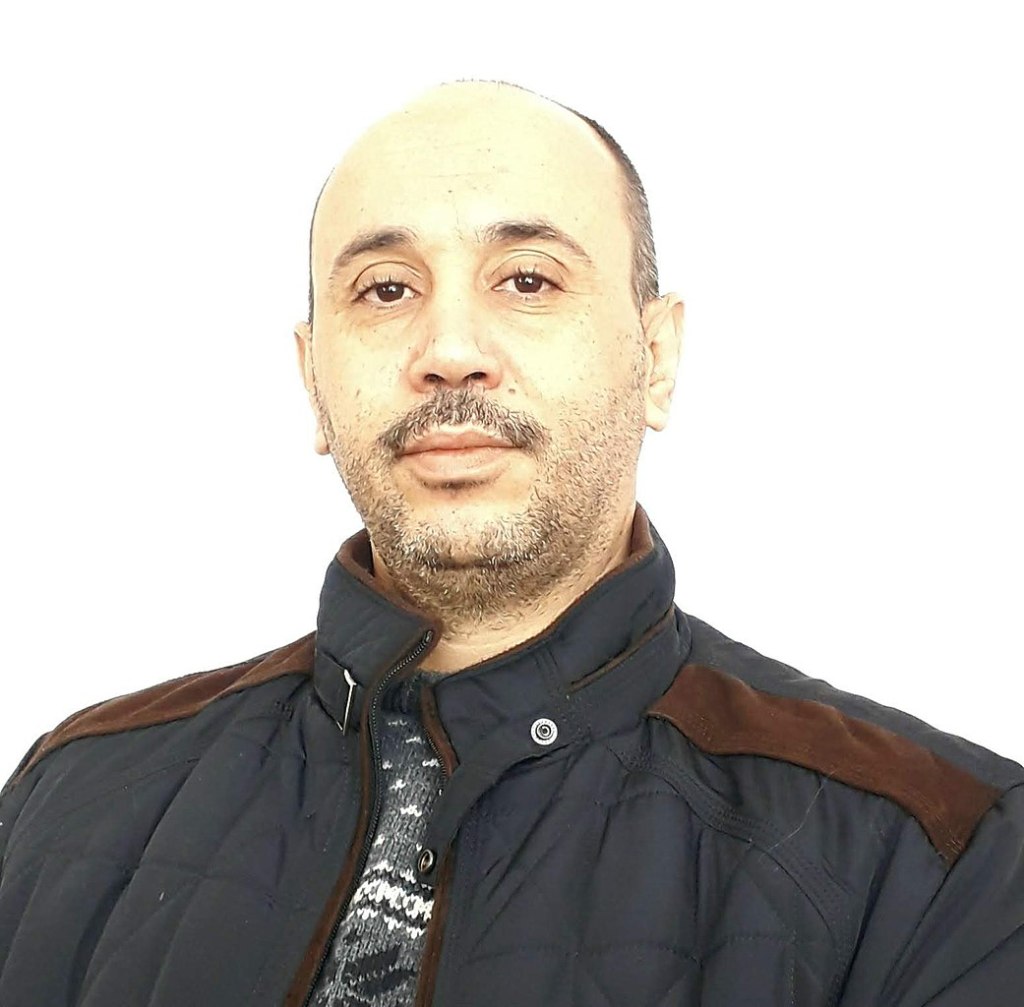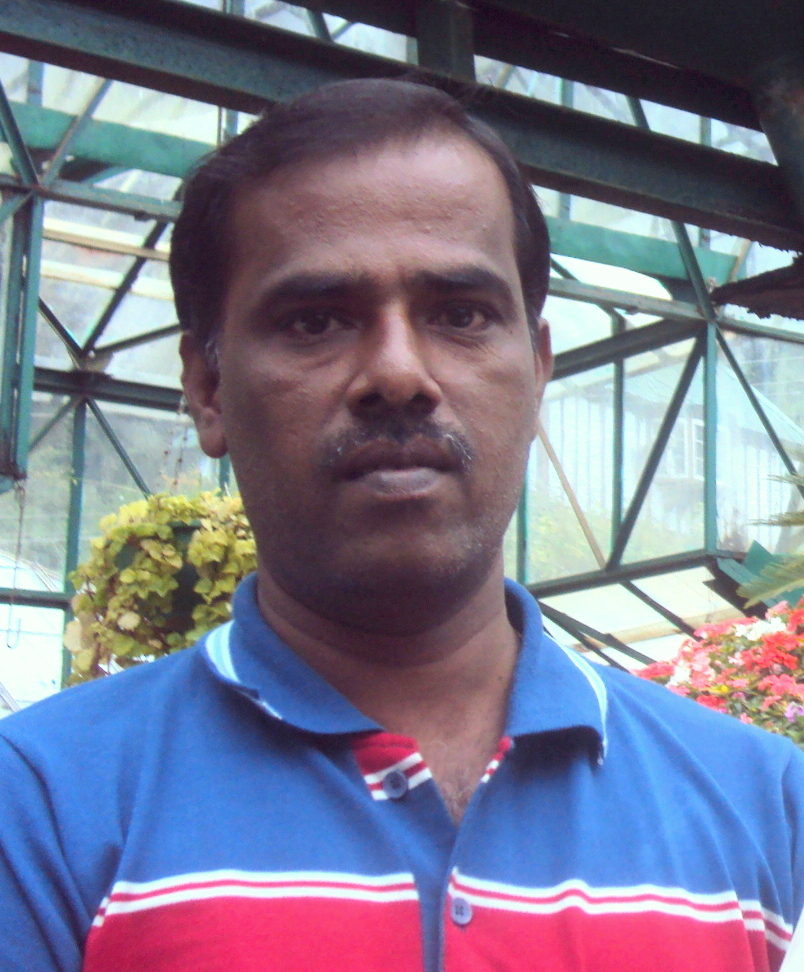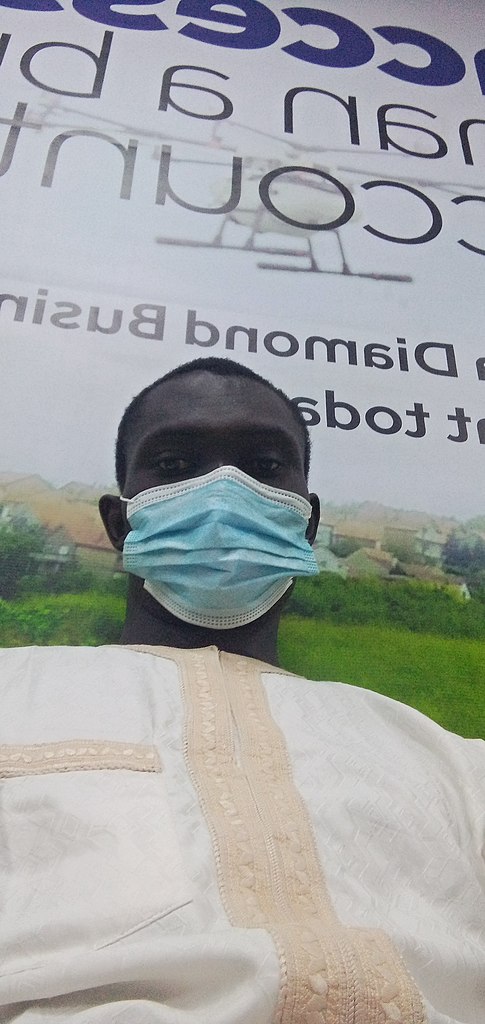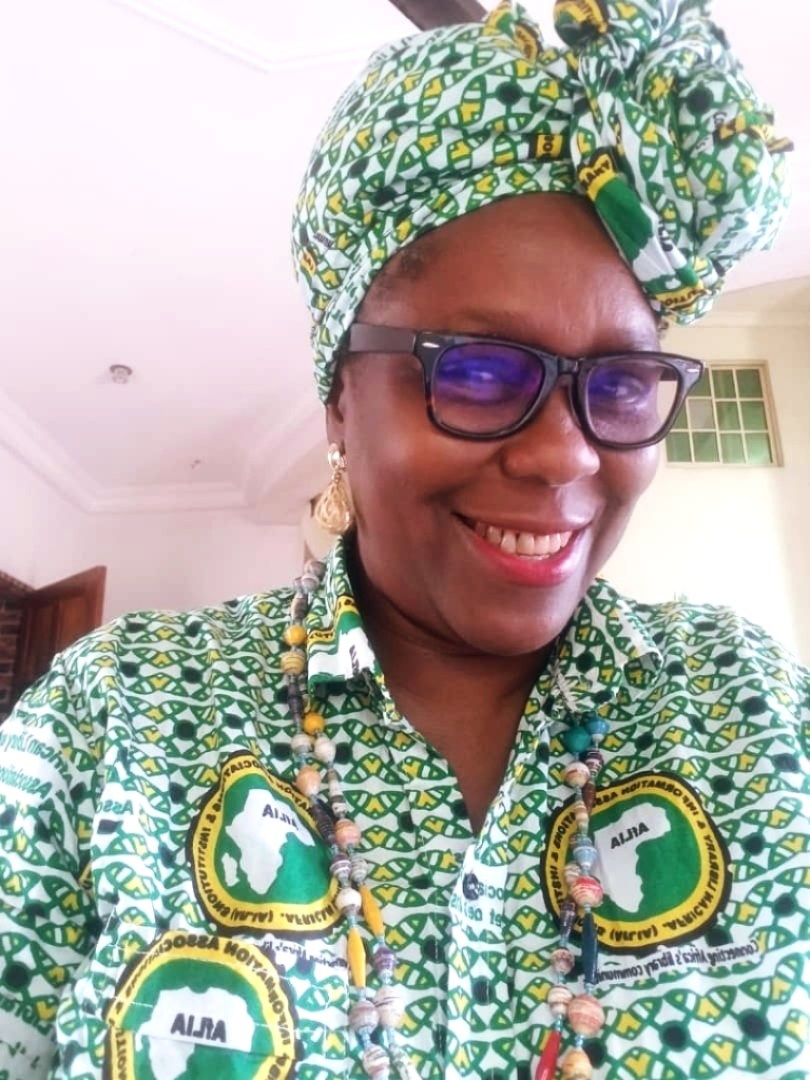In October 2021, the Content Translation tool, also known as CX, that helps Wikimedia contributors translate articles in Wikipedia reached a one million article milestone, thanks to the hard work of 70,000 contributors who use it. Every contribution by these volunteers is valuable, motivating the Wikimedia Foundation Language team to improve the tool. Hence, we would like to highlight the contributions of some of our distinctive volunteers who use the tool to translate content across different language Wikipedias; this is not to say that the users we have selected are most important, but these eight users are unique in different ways, and we will like to share their stories and more of such stories in the future.
Highest contributors based on language Wikipedia
The Arabic, Ukrainian and Tamil Wikipedias have some contributors with the highest number of articles translated using the Content Translation tool. When it comes to the size of Wikipedia, which is determined based on the number of content, active contributors and users of Wikipedia, Arabic, Ukrainian, and Tamil are the 26th, 45th and 47th consecutively. In other words, the Arabic, Ukrainian and Tamil Wikipedias are categorised as medium-sized. Notwithstanding this position, they are among the highest content translators from other languages using the Content Translation tool. We would like to share the user stories of some of the prolific users in these languages:

Adel Nehaoua, whose username is Nehaoua in the Wiki projects, lives in Algeria and translates content to Arabic Wikipedia. Adel has been a Wikimedian for 12 years and has been a prolific user of Content Translation for three years. He discovered the feature by checking the Arabic Wikipedia menu bar. He translates content from English and French to Arabic. He remains one of the consistent translators with more than one thousand five hundred translated articles in the Arabic Wikipedia community. He does not have specific translation topics, but uses the tool for any article that interests him. To Nehaoua, the essential feature of the tool is its ability to translate internal links and automatically transfer page format. However, it still needs improvement in converting and translating templates and tables from the original article to the translated one.
Letizia-Olivia is another one of many prolific users of Content Translation. She is based in Ukraine and translates content into Ukrainian, spoken by more than 40 million people. She noticed the tool was enabled as a beta feature in Ukrainian Wikipedia and decided to try it. Letizia-Olivia said, “I use the tool because it helps you translate one language to another in an easy and straightforward manner. I also introduce bilingual newcomers to this tool since it is a simple way to contribute to Wikipedia”. This user usually translates biographies and articles about buildings and phenomena.” Also, she believes that improving the tool further will result in more quality articles. She has been a staunch user of this translation tool since she discovered it a year ago.

Another prolific user is P. Mariappan, whose username is சத்திரத்தான் (“Cattirattāṉ”), who translates into Tamil, a language spoken by more than 75 million people, mostly in the south of India. He was introduced to the tool by the Tamil Wikipedia community. சத்திரத்தான் translates all kinds of articles that interest him at that moment, for example, biographies of politicians, articles about parks, sanctuaries and historic places, etc. Being an active member of his Wikipedia community, he always recommends the tool to editors. He trains people during Wikipedia workshops on how to use the Content Translation. He has tried translating articles manually before the existence of the Content Translation tool, so “the tool makes my job faster”, say’s User சத்திரத்தான். One improvement he would like in the Content Translation tool is better support for the translation of long tables.
Pioneer and newbie translators
Testing Content Translation in Wikimedia Labs in 2014 was the beginning of the tool’s journey. The first tests were done with translation from Spanish to Catalan, which is spoken by about nine million people. Many of the pioneers still use it for translation to date. One of our distinguished pioneer translators is:

Àlex Hinojo, whose username is Kippelboy; his translation, Castillo de la Geltrú is the oldest article translated with Content Translation after the deployment. Àlex translated the Castillo de la Geltrú article on 17th January 2015 at 07:42:12 UTC. Since the tool’s inception, this user has been an ardent translator. He uses it to translate articles from other languages to Catalan. For him, Content Translation is beneficial and helps import references, format, and add Wikidata links. Àlex’s translations are mostly biographies and articles about organisations. “These types of articles have the same structure, and they are easy to adapt to our local context”, says Àlex. He is not just an individual contributor: Àlex has facilitated Wiki workshops and organised translation campaigns like the popular Catalan culture challenge in the Catalan Wikipedia community. He has introduced the tool to many people in his community as an excellent way to add quality content. However, Alex thinks that the tool is “hidden” in the user menu; therefore, the Language team needs to improve this to attract more newbies.
For the newbies’ category, we classify less than eighteen months users of the tool as newcomers, and one of the new users we would like to highlight is:
Rimma Vasilyeva, User: Римма Васильева from the Republic of Tatarstan is just a year in the Wikimedia movement. She did her first translation in April 2021. Afterwards, she has translated more than one thousand articles from Bashkir to Tatar Wikipedia with the help of the Content Translation tool and has helped newer translators use the tool. Rimma has no focused topic; she targets translating any article that interests her.
COVID-19 and gender-based translators
As the pandemic shook our world, Wikipedians were challenged to keep up with the massive influx and change of news events about COVID-19, sieving misinformation and documenting them in Wikipedia. While some Wikipedians chronicled COVID-19 and the pandemic, others translated these articles into different languages using the Content Translation tool to close the knowledge gap during the trying times.
One out of many volunteers we would highlight that took up translating COVID-19 related articles with the tool is a Nigerian Wikipedian:

Aliyu Yusuf, known as Aliyu shaba in the Wikispace. He learned about the tool from a dedicated contributor in the Hausa Wikipedia community, who taught him to use the feature. During the pandemic, the tool became handy for Aliyu. It helped him translate major COVID-19 and health-related articles from English to the Hausa language, which is spoken by more than 60 million people in Nigeria, Niger, and other countries in Western Africa. Aliyu can’t imagine the experience of translating these kinds of health-related articles without the Content Translation tool. He literally can’t because he has never tried it.
While some contributors translate health-related articles, others devote more of their time to biographies and gender-related articles of notable indigenous people. Among them is Nkem Osuigwe, from Anambra, the Southeastern part of Nigeria, and Nkem Osuigwe is known as the AfricanLibrarian. She translates into the Igbo language, which is spoken by 30 million people in Nigeria.

The AfricanLibrarian attended a virtual translation training organised by the Igbo Wikimedia community where she learned how to use the tool. Nkem said the tool’s automatic saving feature is beneficial, especially when working with an unstable internet. “There is a whole world of difference translating with Content Translation. I can say this because I have experience translating books from other platforms. The machine-generated translations are also a unique feature of the tool. However, I always find it challenging to translate hyperlinks and tables most of the time,” Nkem Osuigwe explained. The AfricanLibrarian has translated more biographies of notable Nigerian women than men. Apart from translations, Nkem also facilitates training sessions to teach newcomers in the Igbo community how to translate using the Content Translation tool.
The most viewed translated articles
The main page of the English Wikipedia is known as the most popular page frequently visited. We noticed an interesting trend for the articles added to Wikipedia with the Content Translation tool: entertainment-related topics or current affairs are the most popular articles. Some of them are:
- French: Squid Game
- Japanese: Jurassic Park (the franchise, not the 1993 movie)
- Spanish: Friday Night Funkin (a video game)
- Spanish: Loki (TV series)
Volunteers translate these articles, and the last but not the least contributor’s user story we would like to share is -Alabama- the translator of the Loki TV series in the Spanish language based in Alabama, USA.
Alabama’s discovery of the Content Translation tool was accidental. The edit tag caught his attention while viewing a fellow Wikipedian’s contribution; he clicked on the label, and curiosity won him over to using the tool. His contributions are mainly on film and television articles. His translation is among the most visited with Six hundred and seventy six thousand, thirty five page views from March 2021 to February 2022. For Alabama, using the tool to translate is more straightforward than starting an article from scratch.
The above are the user stories of just eight people out of thousands that use the CX tool. The Wikimedia Foundation Language team is constantly inspired by the contributions of the 70,000 users of the Content translation tool. We are motivated by these volunteers’ work to keep improving and innovating better ways of translating articles for every user. In the future, we anticipate more milestones, not just with the Content Translation but with the Section Translation tool, our recent boost initiative that expands the CX capabilities and prioritises the use of mobile devices to translate articles in bits with ease.

Can you help us translate this article?
In order for this article to reach as many people as possible we would like your help. Can you translate this article to get the message out?
Start translation